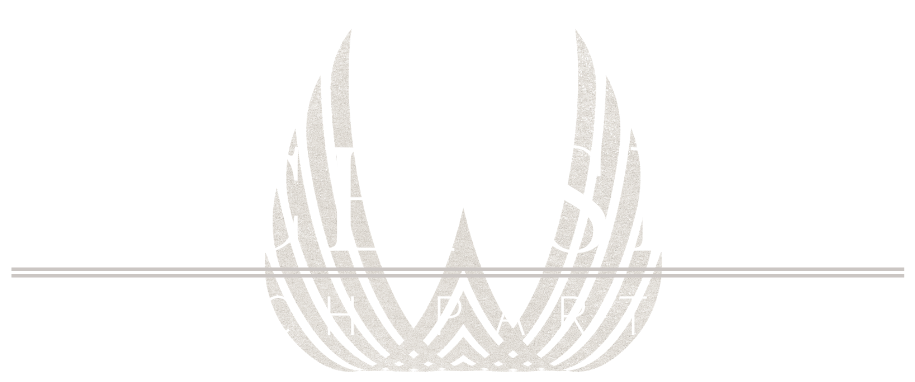
YOU HAVE A JOB OFFER, NOW WHAT?
Evaluation is key and most importantly, a job change should never be only about the money. What are your driving motivations behind making the transition? Does it increase title or role responsibilities, compensation, experience, minimize commute, will it boost your marketability, or will it move you closer to your ultimate goal?
Here are several factors to think about when you are considering a change:
- Consider the company and its sustainability. Does the industry make sense long term or is it a dying “breed”? Is it a growth industry? Does it excite me?
- What is the financial situation of the company? While we all strive to join a company that is in an extremely healthy financial state, some businesses coming out of bankruptcy with a new business model, financial and operational restructuring, or change in management team can be a good thing and something for us to positively look at while considering the transition.
- Look at the management team overall and individually. Is it successful? Is the dynamic positive? Does each member of the management team have a track record of success, status quo, or a string of failures?
- Do I feel comfortable with my potential new boss? Can I learn from them? Does the person seem like a good manager? Did I hear examples of mentorship from the potential new boss during the interview process?
- Do I like the people I will be working around and with?
- How is the company technology? Is a lack thereof hindering the business? Is it acknowledged and is the company doing something about it or is a blind eye being turned?
- Does this job further me to a goal I am trying to attain?
- Is the role broad or broader than what you are currently working? Will I learn new skillsets or have more exposure?
- Is there a thirst for innovation at the company level and individual level or is it a status quo company?
- Does the employee culture encourage collaboration and allow your voice to be heard whether with your manager or to an executive team?
A job change is never easy, so a methodical approach is key. All this said, sometimes you just have a gut intuition. If that works for you, great! Harness that and use it to guide you, keeping these above factors in mind. Good luck in 2021!
If you would like further information, please feel welcome to reach out at (214) 501-1041 or cfleigel@ascensionsearchpartners.com.
About Ascension Search Partners
Boasting more than 50 years of combined recruitment experience, we know what it takes to deliver the right talent. Ascension Search Partners was founded on the belief that talent acquisition is a true business partnership, and we believe search partners should offer extensive market and functional knowledge, with an in-depth, consultative approach.
Recent Posts
Contact Our Team

You Have a Job Offer, Now What?
Evaluation is key and most importantly, a job change should never be only about the money. What are your driving motivations behind making the transition? Does it increase title or role responsibilities, compensation, experience, minimize commute, will it boost your marketability, or will it move you closer to your ultimate goal?
Here are several factors to think about when you are considering a change:
1. Consider the company and its sustainability. Does the industry make sense long term or is it a dying “breed”? Is it a growth industry? Does it excite me?
2. What is the financial situation of the company? While we all strive to join a company that is in an extremely healthy financial state, some businesses coming out of bankruptcy with a new business model, financial and operational restructuring, or change in management team can be a good thing and something for us to positively look at while considering the transition.
3. Look at the management team overall and individually. Is it successful? Is the dynamic positive? Does each member of the management team have a track record of success, status quo, or a string of failures?
4. Do I feel comfortable with my potential new boss? Can I learn from them? Does the person seem like a good manager? Did I hear examples of mentorship from the potential new boss during the interview process?
5. Do I like the people I will be working around and with?
6. How is the company technology? Is a lack thereof hindering the business? Is it acknowledged and is the company doing something about it or is a blind eye being turned?
7. Does this job further me to a goal I am trying to attain?
8. Is the role broad or broader than what you are currently working? Will I learn new skillsets or have more exposure?
9. Is there a thirst for innovation at the company level and individual level or is it a status quo company?
10. Does the employee culture encourage collaboration and allow your voice to be heard whether with your manager or to an executive team?
A job change is never easy, so a methodical approach is key. All this said, sometimes you just have a gut intuition. If that works for you, great! Harness that and use it to guide you, keeping these above factors in mind. Good luck in 2021!
If you would like further information, please feel welcome to reach out at (214) 501-1041 or cfleigel@ascensionsearchpartners.com.

